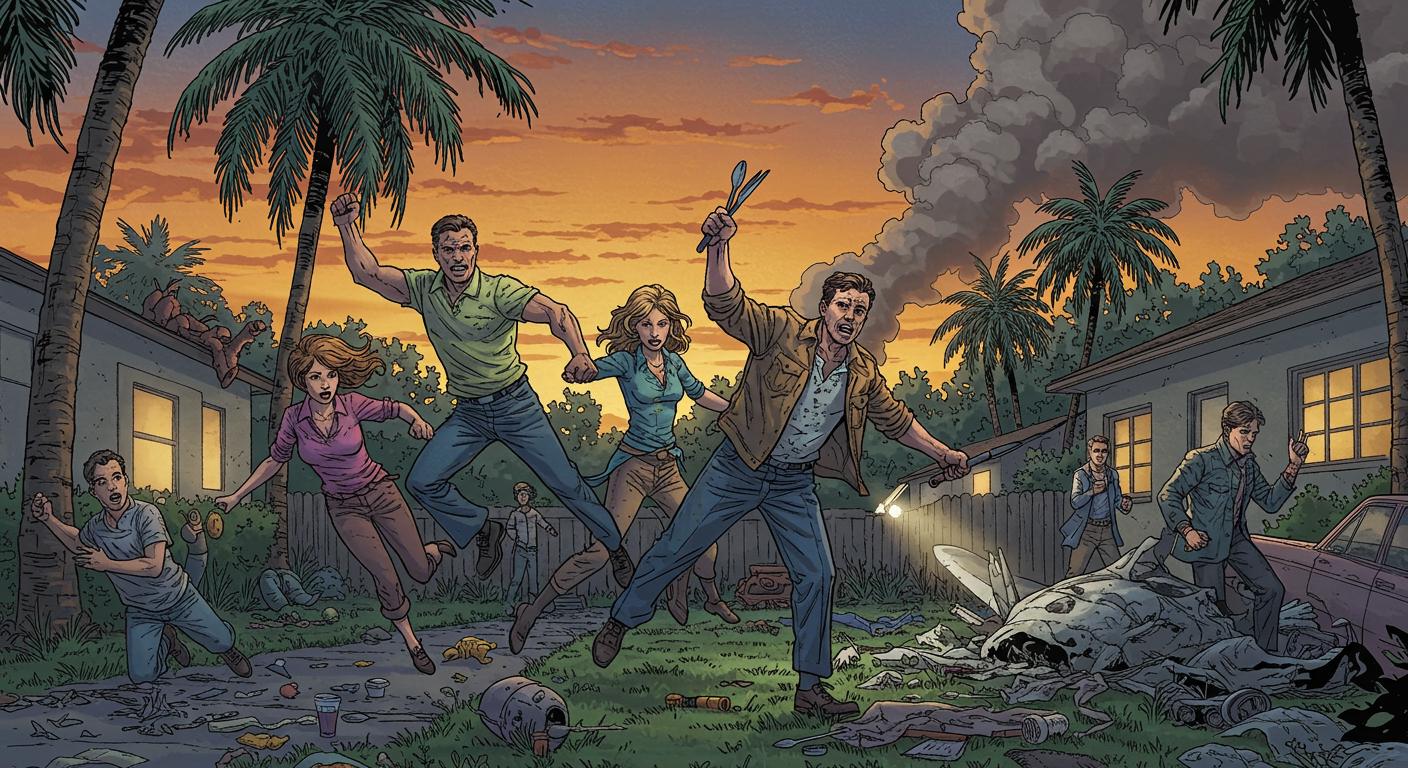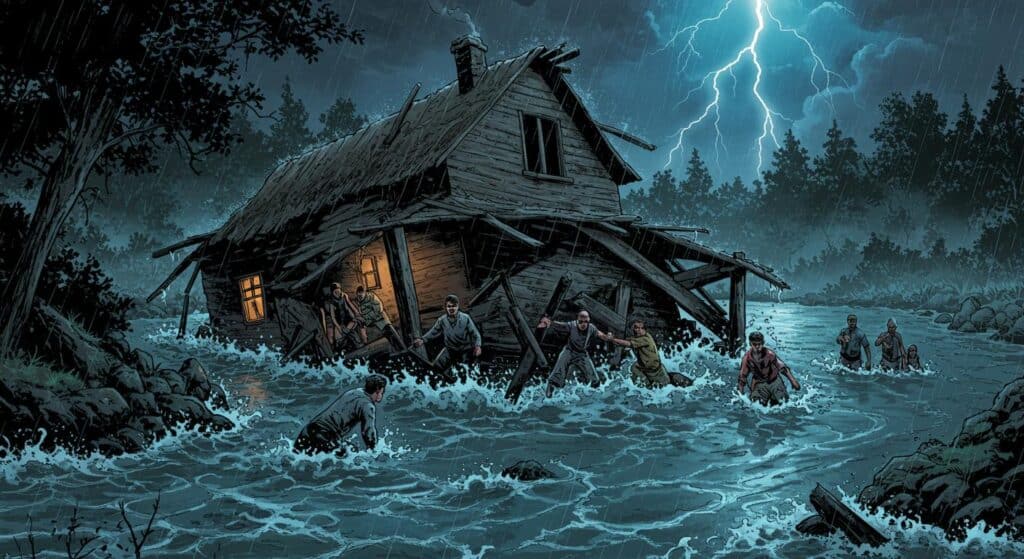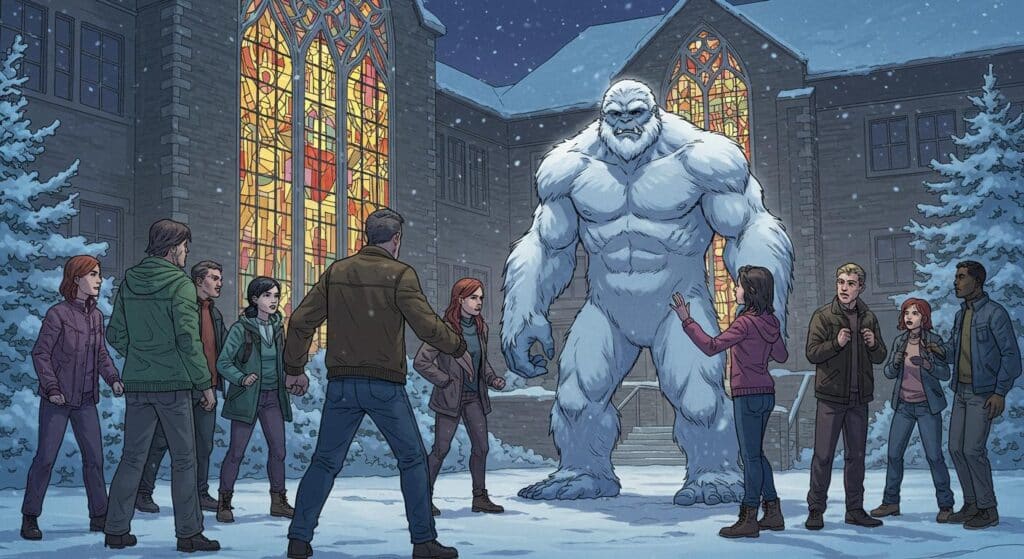Every so often, the overlap between “Florida Man” headlines and genuine acts of heroism is so complete, you almost expect to see a gator high-fiving a resident in the background. But as detailed by the Associated Press via NewsNation, Sunday night in Pembroke Pines gave us another kind of spectacle: neighbors wielding axes, extinguishers, and garden hoses in a spur-of-the-moment rescue of four people from a Cessna wedged in a tree.
A Suburban Dinner Interrupted by Disaster
Let’s set the scene. It’s dinnertime in Pines Village. Plates are full, conversation is probably circling the usual topics—Florida weather, maybe a running tally of the week’s oddities. Suddenly, a small plane falls out of the sky. Not into a vacant lot or a pond, but into the branches right near homes, flames licking at the broken hull. According to authorities cited by NewsNation, the crash happened just before 8 p.m., with the aircraft only moments away from a planned landing at North Perry Airport.
This is not, as it turns out, an isolated event. As Mayor Angelo Castillo explained in the report, there have been over 30 crashes around North Perry Airport in the last five years. For context, you’d struggle to find that many mishaps at an amateur fireworks show—yet here, errant aviators are almost part of the local color. That a street now bears the name of a child, Taylor Bishop, tragically killed in a 2021 crash, only underlines the grim repetition.
From Bystander to First Responder (Armed With a Hose)
In perhaps the most perfectly suburban display of collective grit, residents went from everyday life straight to crisis response. Castillo’s observations captured the essence: forks dropped, axes and garden hoses grabbed, windows shattered, people pulled free. No capes or news vans—just neighbors dropping everything to save lives, acting faster than emergency services could arrive. The official account indicates that everyone walked away with only cuts and bruises.
Social media, meanwhile, added firsthand color. In a post described in NewsNation’s story, Giovanna Hanley detailed how her father-in-law smashed through glass to pull out the injured and expressed anger over the ongoing danger, calling the situation “personal” and “unacceptable.” It’s a fully human response to a scenario that’s far too familiar. The collective frustration goes beyond the immediate aftermath—there’s a sense of weary astonishment at just how often these airborne interruptions occur.
The Airport Next Door: An Odd Legacy
A recurring theme emerges in the reporting: the odd legacy of North Perry Airport. Once a dairy farm prior to World War II, it has morphed into Florida’s busiest general aviation airport, now surrounded by more than half a million residents within a five-mile radius. NewsNation highlights this strange zoning evolution; you have to wonder if, somewhere along the way, someone predicted that axes and garden hoses would become unofficial suburban survival gear.
The outlet also notes that North Perry Airport did not comment on the incident, directing questions to the National Transportation Safety Board, which is currently investigating. As Mayor Castillo emphasized, there’s a desire for an independent review of local air safety—one gets the sense that routine investigations are starting to feel not quite enough.
When Emergency Becomes Routine
There’s something uniquely Florida about neighbors treating a downed plane as just another Sunday night inconvenience, but as documented throughout NewsNation’s coverage, a certain resignation has crept in. “People are up in arms, and I can’t blame them,” Castillo remarked, capturing the dry frustration of a community living with this bizarre pattern.
How many times does a neighborhood have to organize impromptu rescue operations, swapping out napkins for axes, before that resourcefulness becomes a burden rather than a badge of honor? When does communal cleverness turn into justified impatience with the powers that be?
It’s a peculiar badge: ordinary people ready to meet the next emergency with whatever’s at hand, whether it’s a fire extinguisher or the ever-trusty garden hose. But how long before a community stops treating disaster response as just another quirky neighborhood tradition—and finally expects the sky to stay where it belongs? Have other places found themselves similarly at the mercy of unexpected, recurring emergencies, or is this just one more entry in Florida’s growing catalogue of odd urban challenges?







